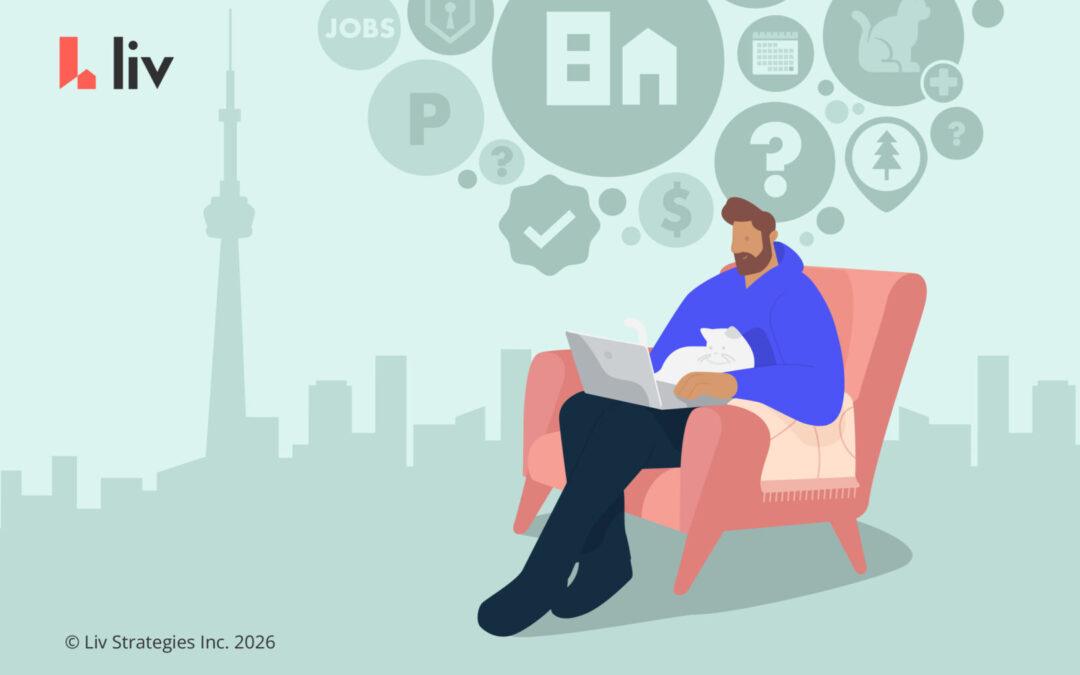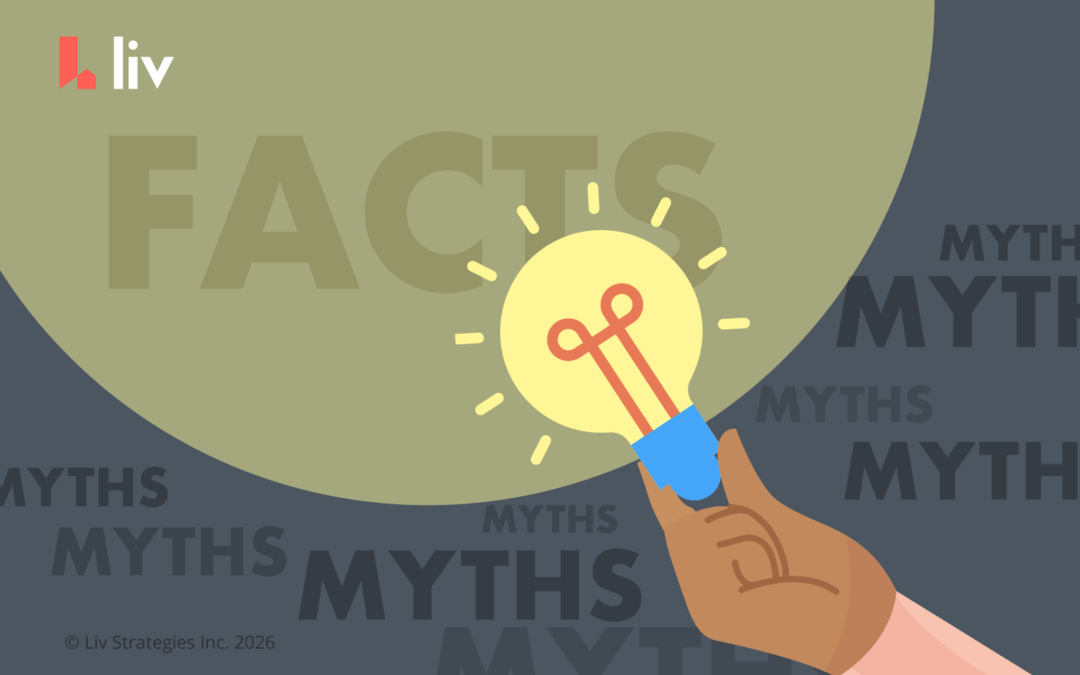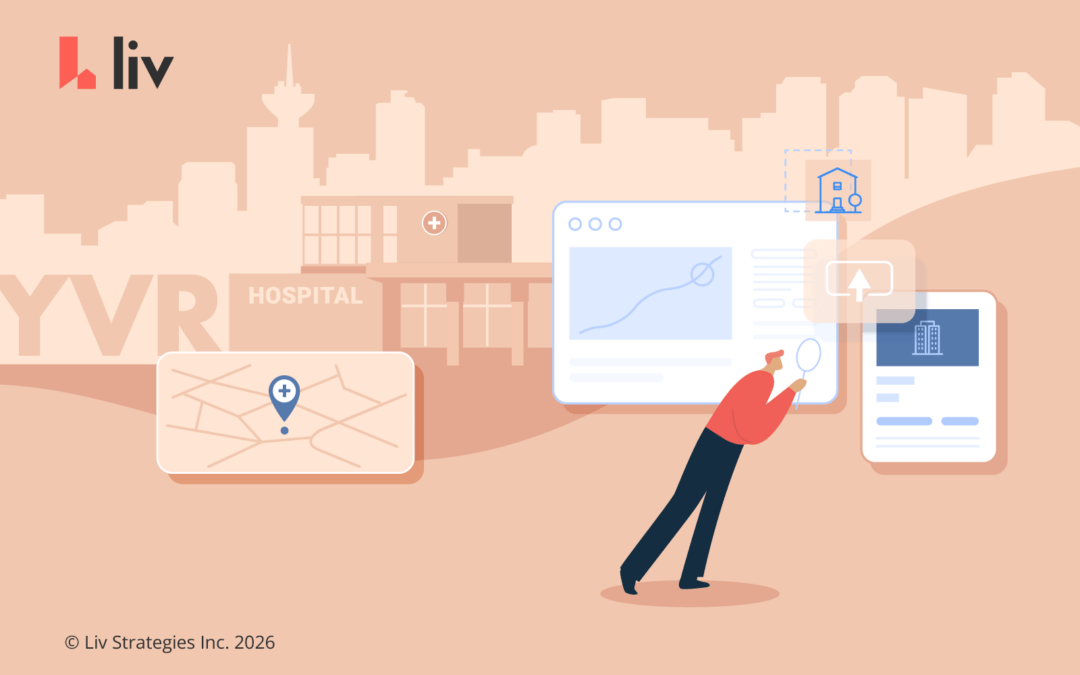Work, love or a desire for good coffee and abundant weed, has landed you in Vancouver. You’ve decided to stay. How do you establish yourself permanently in this lush corner of the Pacific Northwest? In our latest series, “Fresh”, we ask newly minted Vancouverites about the trials and tribulations they encountered when moving here. Today, we feature Amy from Australia.
Newcomer Profile
Amy is a young, Australian professional who was seeking travel, adventure and professional development overseas. She has been living and working in Vancouver since June 2017.
What brought you to Vancouver?
Adventure, exploration and the pow. Really, it was my partner’s idea to relocate to Vancouver after I first floated the idea of living overseas. We’re from Melbourne, Australia so finding a place that amplified our love for the outdoors, and challenged our respective careers was important. We were lucky to find ourselves in Vancouver where we can take advantage of all adventure activities as well as diversify our work experience.
What documentation did you need to have in place before arriving?
Australia and Canada have a reciprocal agreement, so we had a leg up in the sense that there was an online process to apply for a working holiday visa (2 year visa) in advance of our arrival. This did require endless documents, from identification to letters from our current Australian employers to health certificates, police checks and financial statements. We turned up to immigration in Canada (at the airport) with a wad of documents two inches thick to go through the official working holiday visa process upon arrival! There’s no guarantee that you’ll be approved when you arrive in the country, so it was a relief to walk out of YVR with that shiny piece of paper.
What documentation did you need to secure once here?
Once we had passed immigration and received our official visa we had to coordinate our Social Insurance Numbers (SIN) and lodge our local address at a Service Canada Centre. Without the SIN you can’t work, even if you have a working holiday visa which allows you to stay in the country. Start with an address you can send mail to locally in Vancouver – use a friend’s address or if you’re lucky you’ve found a place to live as this address will determine you’re ability to file for a SIN, a bank account, a phone etc… it’s a golden piece of information to unlock all the essentials.
You also need to sort out a bank account – I recommend going with the best ‘Newcomer’ offer any of the banks are providing. CIBC is great as they offer one year without fees including a credit card to build credit history, but some prefer TD. Just ask around at every bank to see what offers are current. Lastly, the local phone sim – you’ll need your passport to set this up. One of the perks in Canada is that providers allow you to cancel any time on a month to month plan, and you can bring your own phone which makes it cost efficient. The data charges however are crazy expensive compared to Australia – so shop around here too.
For driving, it depends on which country you are coming from, however if you’re in it for the long haul I recommend checking out the driving license situation before you arrive. Australian drivers are able to do a short, written test and then exchange their full drivers license for a full BC drivers license. It’s a good idea to have copies of all your original documents as we had to hand over our Australian drivers license to receive a local BC Drivers License.
When finding a place to live, what were your biggest challenges?
Everyone will tell you it’s stressful and intense to find a place to live when you arrive. And it’s true. We had to hustle hard for two weeks to find an apartment that we could see ourselves living in long term. If you have no issues with budget you’ll be fine, however, for those not wanting to spend a majority of wages on rent, you’ll need to shop around and be patient. We read up in advance that we needed to use Craigslist, Kijiji and hit the streets to look for “For Rent” signs. Once we arrived we checked out several areas in Vancouver in person, and settled on Kitsilano (Don’t groan, we’re Aussies who need some kind of beach nearby). This is a super competitive area so it just came down to attending as many viewings as possible.
The biggest challenge we faced was the complete lack of order and logic to finding a place online and organizing to view it– and then to drop off the deposit. We were accepted several times only to be left hanging when we went to drop off our security deposit and the landlord had simply ‘changed their mind’. We tried everything from long-term unfurnished apartments to short-term share houses and had the exact same disappointment about 8 times. It’s stressful, but if you’re persistent and patient the right place will come up.
The other challenge we faced was that we had both arrived without job offers, as we planned on securing a position in person once we had settled in. However, this doesn’t bode well with many landlords trying to secure financially savvy tenants, even if you have the savings of a king in your bank statement. We both had to scramble for casual work to get a look into the nicer apartments and in the end, it was this coupled with one of our employers vouching for us that landed us with a really nice place in Kits.
What did landlords expect from you?
When we were looking for a place, landlords were after financial security – that you could pay month on month for rent, they were looking for references to show your character credibility and they were expecting you to be able to commit straight away. Property moves VERY fast here in Vancouver. I’m talking minutes after a listing is put online, it is snapped up by those in the hunt and with their documents in order. It pays off to be prepared and have been through a few viewings and applications to really know what to expect and nail it when you find a place you love.
Once we were moving in, the landlords expected us to pay the Strata fee (standard for apartment buildings) and to do a walkthrough of the place, marking down any pre-existing damage. We also had to pay our security deposit (half of one months rent) plus our first months rent in full to receive our set of house keys.
What did you have to do to secure access to healthcare?
Healthcare in Vancouver, and Canada, is public. In BC, it is provided through the government provider, MSP, and most workplaces provide extended medical coverage to cover basic healthcare as well as prescriptions and other benefits. So basically, get a job that provides good coverage – that means one that incorporates MSP as well as private health and you’ll be laughing.
If your workplace doesn’t cover health, or you are self-employed, you can seek it on your own. MSP is valid for residents or those living in Vancouver for an extended period of time and very affordable (MSP costs $75 per month for one person, $136.00/month for a couple and $144 /month for a family of three or more).
I’d highly recommend enrolling in MSP as soon as you can (after 3 months of residency) as it opens up free walk-in doctor’s visits. Extended coverage is really beneficial when you need prescriptions filled regularly as the discounts help a great deal, while also giving you access to benefits like dental, physio, massage etc.
What do you know now that you wish you knew before coming to Vancouver?
It’s an odd one but one of the best tips I was given before I came over to Vancouver was to buy a vehicle. Car insurance is really expensive here compared to Australia, so the tip was to bring a certificate of your driving history with your Australian car insurance company and present it to ICBC. If you’ve been a driver with no claims for 10 or more years, you’re eligible for a discount of up to 40%. I managed to get this piece of paper before we left, and it’s saved us thousands of dollars on our BC Car Insurance.
Something that I do wish I had understood fully about Vancouver before arriving was preparing myself for the intense trial and error to find a place to rent. We ended up staying with a friend to begin with which was lucky, but it took so much longer than we expected we had to rent out a couple of different AirBNBs just to buy us time. So allow yourself at least a month of back up accommodation just in case. If you want a really smooth experience, have a job lined up before you start applying to places that aren’t shared houses or sub-leases – an employer vouching for you will make a world of difference (or plan in advance and create your digital renter resume and Trust Score with the Liv.Rent app, and you’ll be able to get a head start on your applications as landlords will look for you at the same time you conduct your searches).



0 Comments